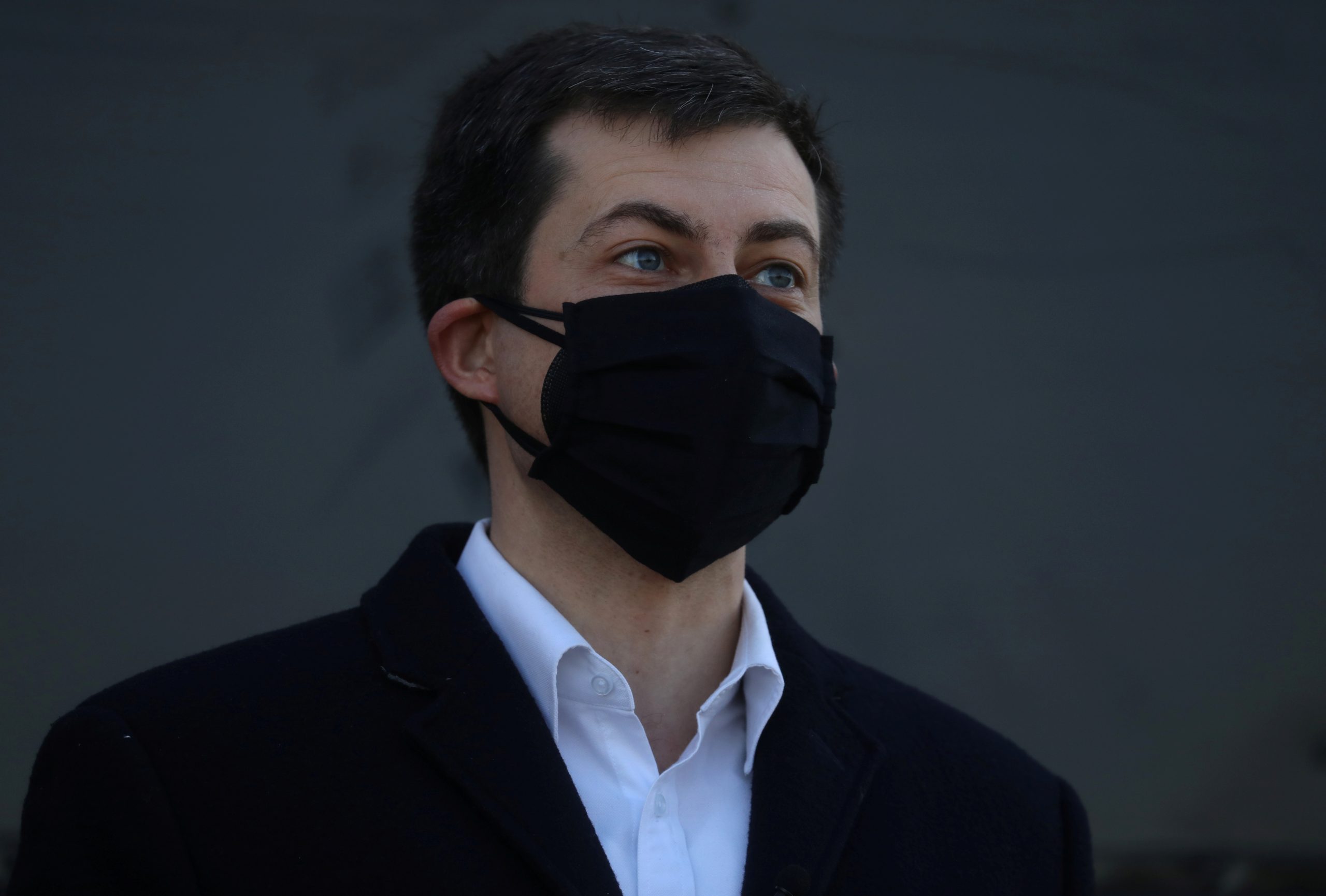U.S. Transportation Secretary Pete Buttigieg is declaring “there is racism physically built” into the nation’s infrastructure.
During an interview with theGrio’s April Ryan, Buttigieg suggested several overpasses and roadways were built in a way to racially divide communities.
“Well if you’re in Washington, I’m told that the history of that highway is one that was built at the expense of communities of color in the D.C. area. There are stories and I think Philadelphia and Pittsburgh [and] in New York, Robert Moses famously saw through the construction of a lot of highways,” Buttigieg said.
He argued, “This wasn’t just an act of neglect,” instead, it was a “conscious choice.”
Buttigieg continued, “There is racism physically built into some of our highways, and that’s why the jobs plan has specifically committed to reconnect some of the communities that were divided by these dollars.”
President Joe Biden unveiled his massive infrastructure package last week. He called it “a once-in-a-generation investment in America, unlike anything we’ve seen or done.”
The president added, “It’s big, yes. It’s bold, yes. And we can get it done.”
The plan’s estimated price tag is $2 trillion. Biden plans on paying for the bill by raising the corporate tax rate to 28%. The estimated $2 trillion would be raised over 15 years.
The president’s goal is to focus on home and community care, affordable housing, electric vehicles, roads and bridges, high-speed broadband, construction on schools, clean energy, public transit, and railways.
One key Democratic senator said he opposes the bill as it “exists today,” as IJR reported.
Sen. Joe Manchin (D-W. Va.) told West Virginia’s Metro News, “It needs to be changed.”
He explained, “It’s more than just me… There’s six or seven other Democrats who feel very strongly about this. We have to be competitive, and we’re not going to throw caution to the wind.”
Republicans have argued Biden’s bill hardly includes any infrastructure.
Top White House economist Cecilia Rouse defended the bill on Tuesday.
“So many people said, ‘Oh, the $400 billion that are being proposed for the home care workers or the home care sector, that’s not really infrastructure,’” Rouse said.
She went on, “Well I beg to differ. I can’t go to work, if I don’t have someone who’s taking care of my parents or my children.”

























 Continue with Google
Continue with Google